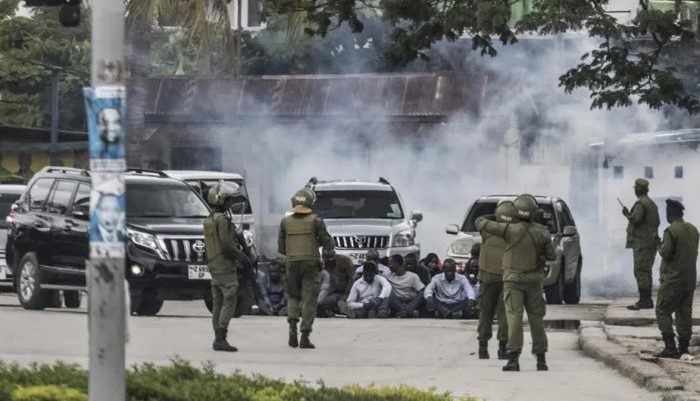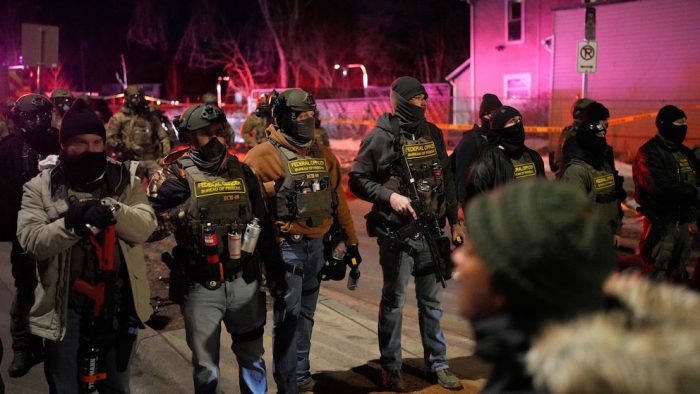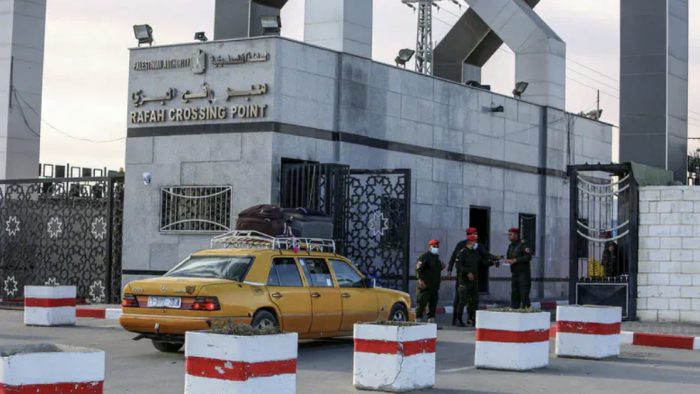Tanzania plunges into deadly unrest as opposition claims 700 killed in three days of election chaos, exposing the regime’s violent crackdown and democratic decay.
A wave of blood and fury has swept across Tanzania, where election protests have spiraled into one of the deadliest political crackdowns in Africa in recent years. According to the opposition party Chadema, as many as 700 people have been killed in just three days of violence — a staggering figure that underscores the deepening authoritarian grip of President Samia Suluhu Hassan’s government.
The chaos ignited on Wednesday in Dar-es-Salaam, after elections marred by irregularities and the exclusion of two major opposition parties, sparking fury among citizens who took to the streets demanding justice. What began as demonstrations quickly descended into carnage — protesters tearing down government posters, police opening fire, and the regime enforcing a brutal internet blackout and curfew.
President Hassan, who secured a 97% victory in partial results from 120 constituencies, was accused by opposition leaders of using the polls to silence dissent and consolidate power. John Kitoka, Chadema’s spokesman, alleged to AFP that “around 350 deaths occurred in Dar-es-Salaam, 200-plus in Mwanza, and hundreds more nationwide — totaling about 700.”
International human rights organizations have offered differing tallies: Amnesty International confirmed at least 100 dead, while the United Nations reported “credible evidence” of 10 deaths — figures that analysts say may vastly understate the real scale of state violence, given the media blackout and hospital intimidation reported by AFP.
Government spokesmen and the police have gone silent, while Army Chief Jacob Mukunda broke ranks on state television, condemning what he called “criminal acts” and warning that “destruction of private and public property will not be tolerated.” His remarks were widely interpreted as a veiled justification for the army’s ongoing crackdown on civilians.
The once-stable East African nation — long seen as a model for peaceful governance — now faces a crisis of legitimacy. Analysts warn that Hassan’s regime risks isolating Tanzania internationally, especially as global powers push for democratic accountability in Africa.
Behind the official calm lies a grim truth — a nation silenced, bloodied, and divided, where hundreds have vanished, thousands are detained, and the free press has been muted.
For now, the streets of Dar-es-Salaam remain under heavy military patrol. The smell of tear gas lingers. And the question that haunts Tanzania echoes across the continent:
How many lives must be lost before democracy breathes again?





